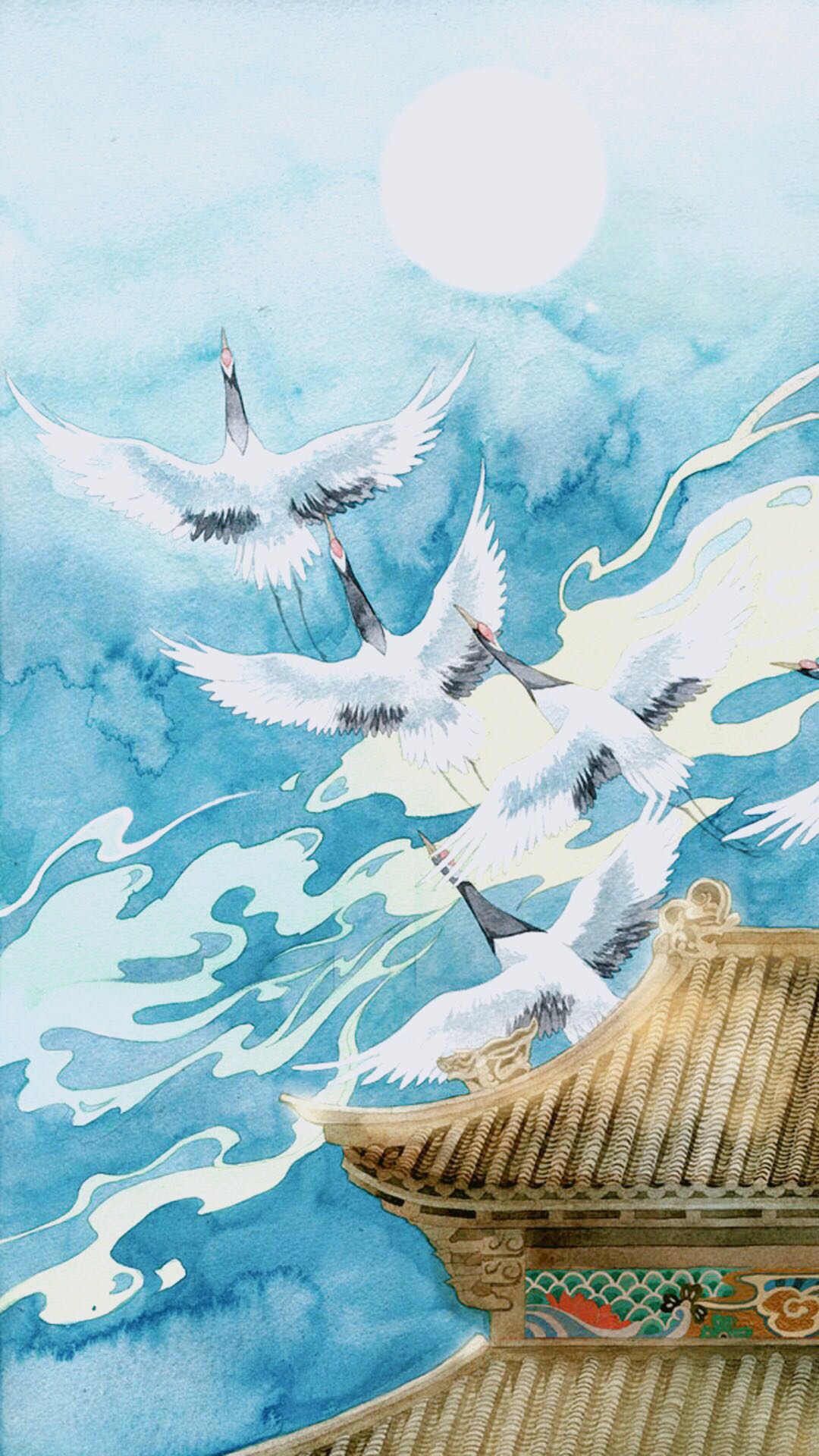Culture is strongly affected by the way we structure information and communication; with the development of information and communication technology, information can be access at the snap of the fingertips (Del Giudice, 2013). Consequently, the use of social media could change the global culture; digital media shift the balance of power to the user, and users are able to wield this power to develop post-course, create opportunities and leverage for the future.
Building a PLN means that we have choices to decide not only whom to connect with but also what information we desire to access. That is, we are able to make our PLN as a post-course learning tool if we desire to. As long as we decide which direction we intend to learn, we are able to find experts and leaders of the field, and we then can learn from them or even have chances to partner with them. As mentioned before, digital media shift the power to the user which could also mean shifting power to individuals to get more professional opportunities. Social media provide people chances to conduct two-way communication that allows users to interact with people they might not be able to talk to in the offline world. On the other hand, PLN can leverage a user’s future endeavours because knowing people means connection and connection means information. Information can lead to knowledge and opportunities. Therefore, it might need some luck where knowing someone in the PLN lead to a better future, but a professional PLN creates better chances for users to get information, knowledge and opportunities which might change the future of a person in a good manner.
I believe Twitter is the best platform to expose a person to professional opportunities. Individuals can build a digital identity through Twitter and this identity can be exposed to more people or target audiences if the user wants to. Moreover, Twitter is a platform where users can follow anyone and read their Tweets; it encourages open communication and it can also allow users to build PLN with a wider range of selection. However, people tend to be friends with others who are similar to them. In order to jump out of the comfort zone, we should know our own weakness, embrace other’s thoughts and keep critical people in the PLN (Edci 338, 2020). Moreover, it is encouraged to let peers review a completed work to ensure the point of view is fair without biases.
References
Del Giudice, M. (2013). From information society to network society: The challenge. Cham: Springer International Publishing. doi:10.1007/978-3-319-02490-5
Edci 338. (2020). EDCI 338 A01 – GLAUSER, Amber. YouTube. Retrieved from
https://www.youtube.com/watch?v=RiWaXNfnHAg&feature=youtu.be
